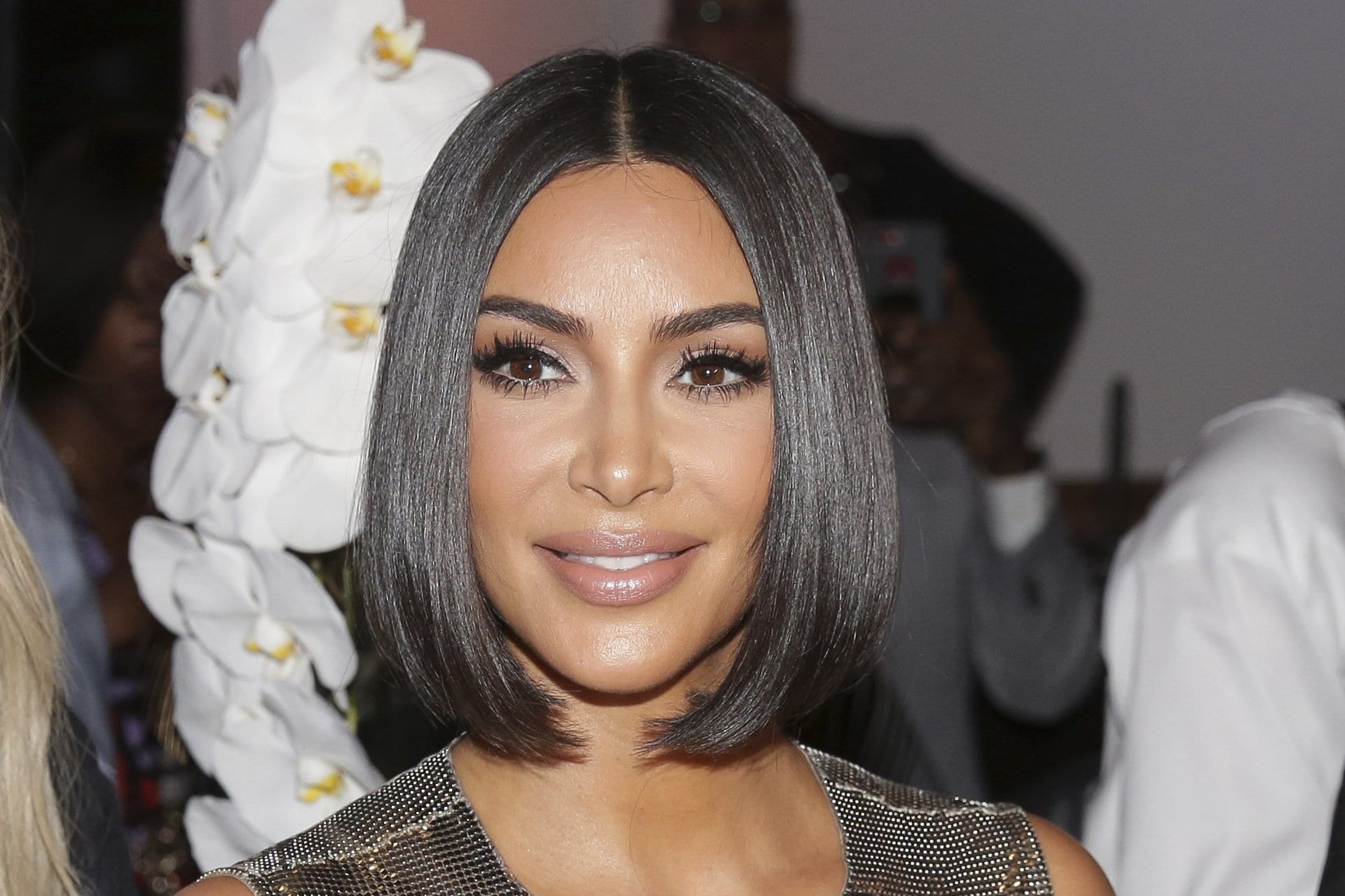In a world where gym culture and protein supplements are ubiquitous, it is hard to escape the hype around protein. The narrative is always about more: more protein, more muscle, more health. But let's pause and unpack this narrative. The truth is that when it comes to protein, you can indeed have too much of a good thing.
What Is Protein?
To build muscle mass, repair tissues, and make enzymes and hormones, protein is essential. While meats like beef, chicken, and pork are rich in protein, there is a cornucopia of other sources such as dairy, tofu, legumes, and whole grains.
However, the fitness industry has fueled the high-protein trend, associating it with muscle building and fat loss. This has led many to adopt diets that focus predominantly on protein intake, sometimes at the expense of other essential nutrients.

Nathan / Pexels / In search of enough protein intake, most people end up consuming ‘empty calories.’
Too much protein in your diet can lead to the following conditions:
Weight Gain in Disguise
Excess protein does not magically turn into muscle. The body converts excess calories from protein into fat, leading to weight gain.
This fact often gets lost in the noise of protein's health halo.
Straining the System
A high-protein diet requires the kidneys to work harder to eliminate the nitrogen found in the amino acids that make up proteins. For those with compromised kidney function, this can exacerbate health issues.
Missing Out on Macronutrient Diversity
Focusing too heavily on protein can crowd out essential carbohydrates and fats, which are vital for energy and health. Carbs are particularly important for brain function.
Likewise, fats are crucial for hormone production and cell health.

Askar / Pexels / It is not the quantity that counts; instead, it is the quality of protein that offers you healthy benefits.
Bone Health at Risk
The acid load from excessive animal protein can be bad for your bones. Over time, this can contribute to osteoporosis.
The Right Amount of Protein
So, how much protein should one actually consume? The answer is not straightforward as it varies based on several factors, like age, activity level, muscle mass, and overall health.
With that said, here is how you can achieve a healthier balance:
Include Variety in Your Protein Sources
Mix up your protein sources to include both animal and plant-based options. This not only provides a range of amino acids but also various other nutrients.
Don't Forget Other Macronutrients
Ensure that your diet is well-rounded with a healthy balance of carbohydrates and fats.

Kindel / Pexels / Whole grains, fruits, vegetables, nuts, and seeds are all integral to a nutritious diet.
So, make sure to add them to your healthy dietary plan.
Consider the Quality of Protein
Choose high-quality protein sources. For example, wild-caught fish, organic poultry, beans, pulses, and nuts are preferable to processed meats and protein bars high in sugar and additives.
So, protein is crucial. But it does not deserve all the limelight. A diet too high in protein can potentially lead to weight gain and other health issues, negating its supposed benefits. The path to health is not through protein alone.
It is about respecting the body's need for a multitude of nutrients. Eating a variety of foods in the right proportions is the best way to maintain health and vitality.








